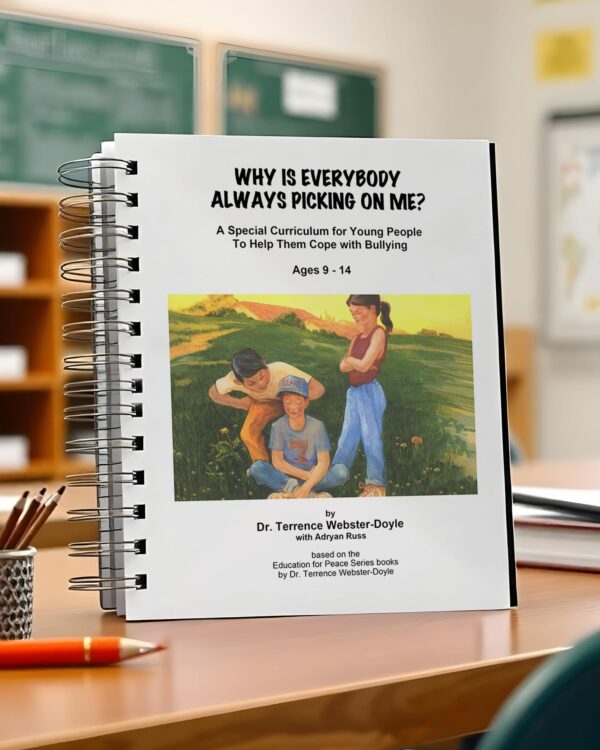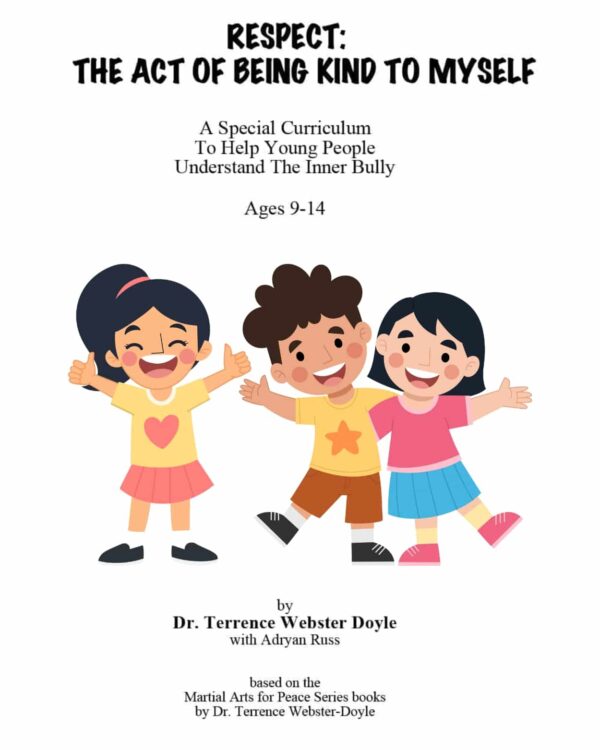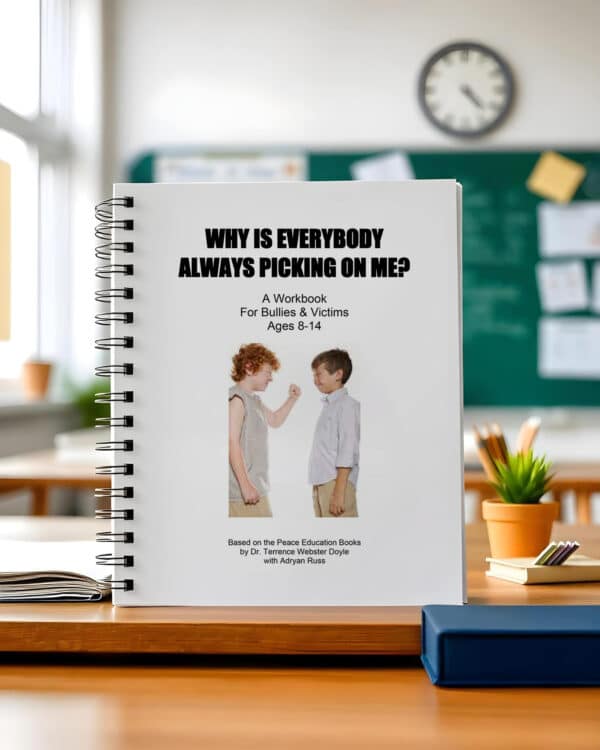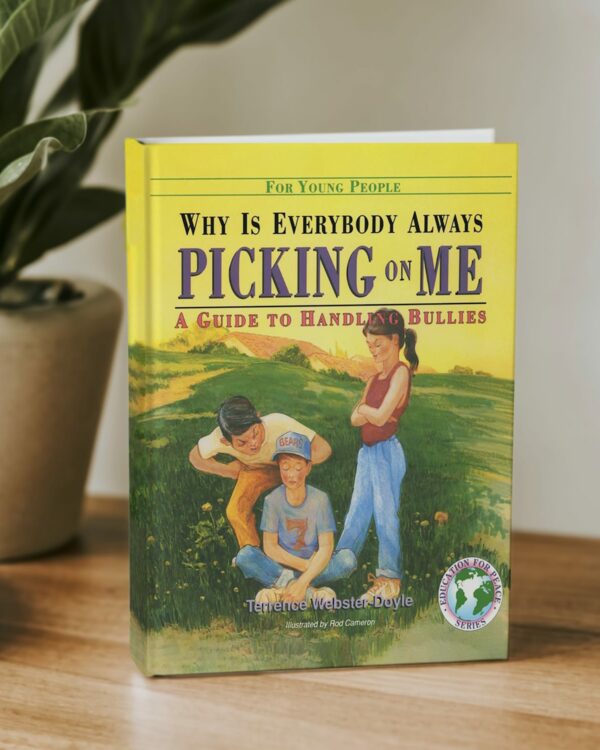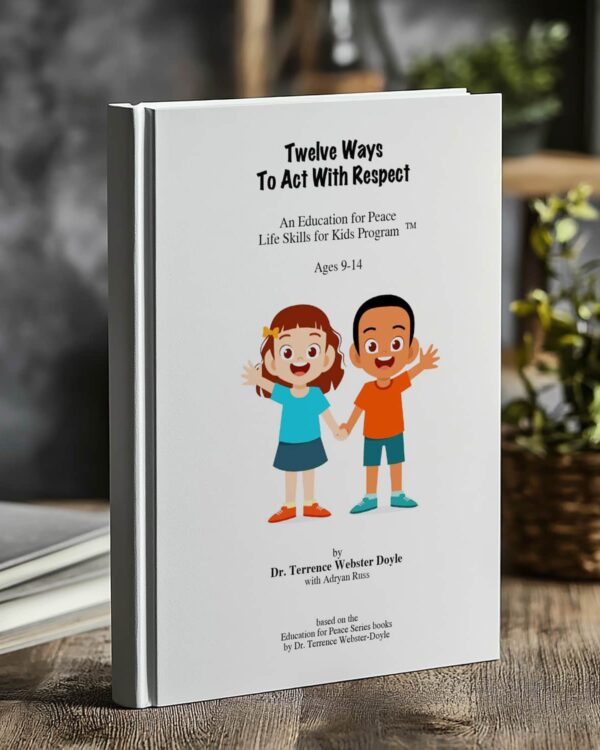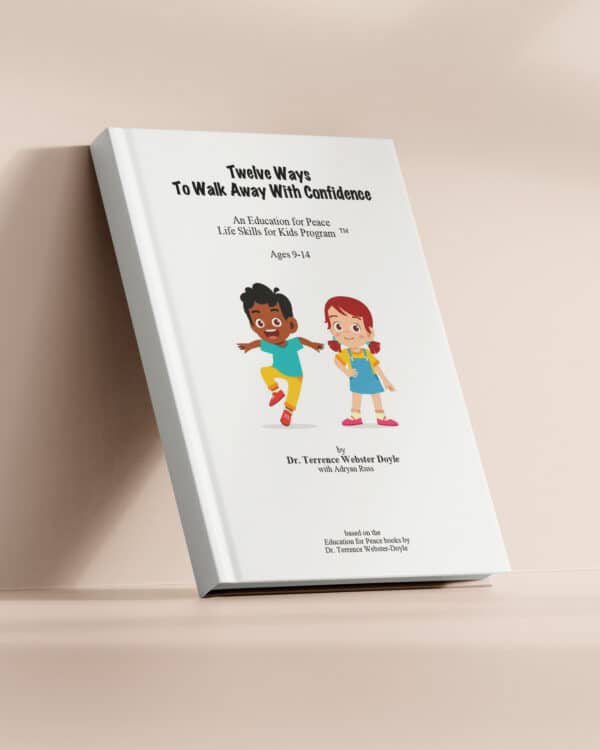Can a Biased Person See Clearly? Understanding Self-Perception and Awareness

It seems that I have always been trying to figure out what myself is.
As a child was never certain. As a teenager, I sought models I admired and then tried to mold my image and my behavior in that direction. I never seemed to come close to the wonderful ideals I had set up for myself, and that was a source of much adolescent misery.
As an adult a self-image was starting to form, made up of what I imagined were my good and bad qualities. Was this self-image who I really was? It was obvious that I was never consistently my good qualities or what I considered my bad ones.
My self-image was not really who I was in my daily activities.
I remember tackling this problem several years ago. I asked myself if I was an unbiased judge of myself. Was it really possible for me to draw unbiased conlusions about who I am?
I had to admit that I was biased and therefore anything I concluded would not be the truth. Approximations of the truth are not the truth. Starkly, this means that biased people cannot see themselves clearly.
In my opinion, most people are conditioned to be biased regarding themselves.
The question then is: How is it possible for a biased person to understand, to see clearly who they are?
There are many methods recommended by top psychologists, such as introspection and self-analysis. I have tried these for many years, but whatever conclusions I arrived at did not clear up my confusion and I continued to be inconsistent in the various labels I attached to myself.
Have you had similar experiences?
So is there any way that I can observe myself that will reveal what I am?
Thankfully, I did read about a way that is quite foolproof.
It took me a while to really want to see everything. It was quite evident to me that I had cultivated many blind spots and escape hatches to avoid seeing myself as I really am. I had always justified my negative actions, my anger, my greed, envy, laziness, etc… But I realize now that I can only go beyond these very human qualities, if I see them, face them, and learn from them.
What I read about that made learning possible was the observation of the self in relationships. This is only possible when one is ready for dispassionate learning.
This means that one will not judge or condemn what is seen and will not willfully changing anything. When one truly sees the nuances of the mind in relationship, that seeing will cause change. Unless one experiments with this, it will not be clear that change happens through dispassionate seeing.
Watch your feelings carefully in conversations with another.
You will note that many small and some forceful feeling appear and are replaced by others. These feelings hold the key to who you are.
We usually never pay much attention to them or we cover them up with words. So we lose the opportunity to learn. At first it will make sense to refeel the feelings soon after an interaction with another.
I will give two examples:
Example #1
I had felt very glad to be able to provide two free ballet tickets to my brother and his wife.
Before the performance, my brother offered to buy me a cup of coffee (cost of $1.00). I said that I would buy it and I felt very strongly that he should not spend his money. We had a rather silly argument and finally I said O.K.
Later, I went over the feelings that I had to see why this argument happened.
Staying with that strong feeling that he should not spend his money revealed my deeper feeling that I did not want to be in any way indebted to him. I could buy my own coffee. This was a feeling of pride. It was O.K. for him to take the free tickets from me, but I would not accept the $1 coffee.
Pride was never part of my self-image, but now it was so clearly revealed in my relationship to my brother’s offer. I did not have to try to end my pride; it ended as I saw my pettiness.
Example #2
When I listened to the crude, loud voices of my neighbors arguing, I noticed that I felt a smugness that my husband and I are more cultured, more civilized. I looked down on their inability to communicate with each other without calling each other ugly names.
But when I stayed with the feeling of my superiority, I also saw the ugliness in my mind that compares and seeks gratification by putting others down. Seeing my own mind, I now have compassion for my neighbors who maybe have not had the opportunity to really look at themselves and observe their own lives.
This seeing of oneself in relationships is not limited to people.
We can watch how we relate to ideas, to possessions, to everything in our lives. It takes a bit of practice to do this. There is an inner resistance to exposing all the many petty habits of the mind.
I find that writing down my explorations helps me to be objective. At the moment of clear seeing there are no biases.
